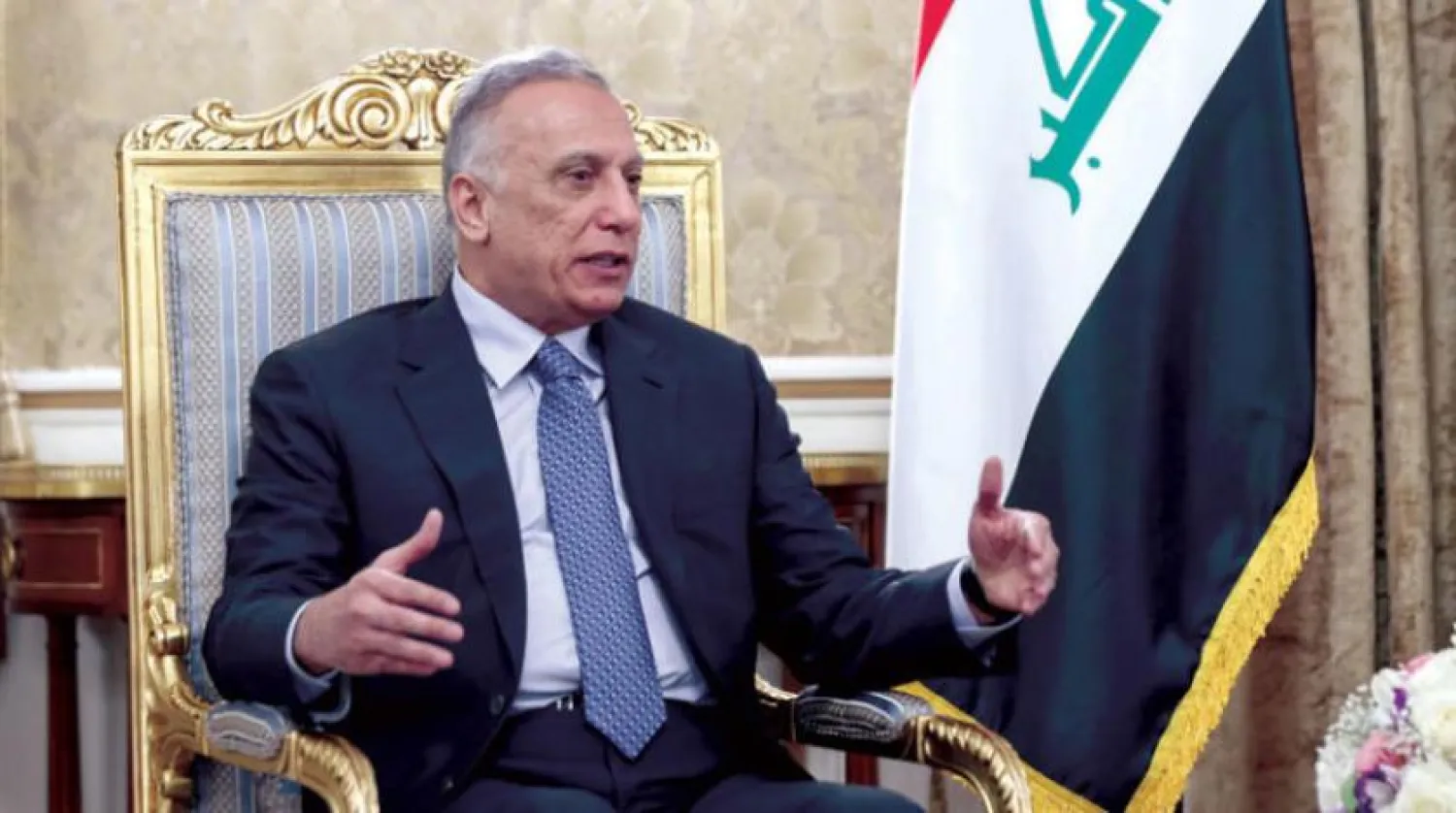Iraqi Prime Minister Mustafa Kadhimi was relieved by the success of the largest Arbaeen march to Karbala city in decades amid exacerbating political challenges and crises. However, the PM expressed his concern about the political escalation that could follow the end of the long Ashura season, saying Iraq is witnessing one of the most difficult political crises since 2003.
Kadhimi asserted in a statement commemorating the Arbaeen: "We have hope and determination to find solutions to overcome this crisis to move towards a safe and stable Iraq."
He urged all political forces to focus on the country's interest and people, saying they "deserve to sacrifice for them."
Meanwhile, two prominent Coordination Framework leaders called on parties to find common ground for dialogue, warning of a confrontation between the Sadrist movement led by Muqtada al-Sadr and the Framework Forces affiliated with Iran.
The head of the National Wisdom Movement, Ammar al-Hakim, called on the parties to unify ranks and make efforts to reach a consensus.
In a statement issued Saturday, Hakim reiterated the importance of the country's political partners investing in this occasion to unify efforts to meet the country and people's needs and overcome obstacles that hinder providing services to citizens due to the ongoing political stalemate.
Head of the al-Fatah Alliance Hadi al-Amiri confirmed that the occasion of the Arbaeen this year "was a unique manifestation of the unity" of Shiites, calling on "politicians to learn lessons" from this.
Amiri is concerned about the repercussions that could happen if politicians do not benefit from the "altruism and generosity of Iraqis."
The Framework and the Kurdish and Sunni forces are in talks to establish a common ground for cabinet formation without the participation of the Sadrist Movement.
The Iraqi forces that participated in the second conference of the National Dialogue under the auspices of the Prime Minister formed a tripartite committee of Shiite, Sunni, and Kurdish forces that will visit al-Hanana to meet Muqtada al-Sadr after the end of the Arbaeen.
The Kurdistan Democratic Party, led by Masoud Barzani, and the Patriotic Union of Kurdistan, headed by Bafel Talabani, began negotiations, confirmed bipartisan sources.
According to Kurdish sources, the two parties discuss various outstanding issues, including the presidential and legislative elections.
They believe this could lead to the possibility of the two Kurdish parties agreeing on various issues within the region, seeking a unified front before heading to Baghdad. They held joint meetings resulting in a unified Kurdish paper with the Framework forces to form the next cabinet.









